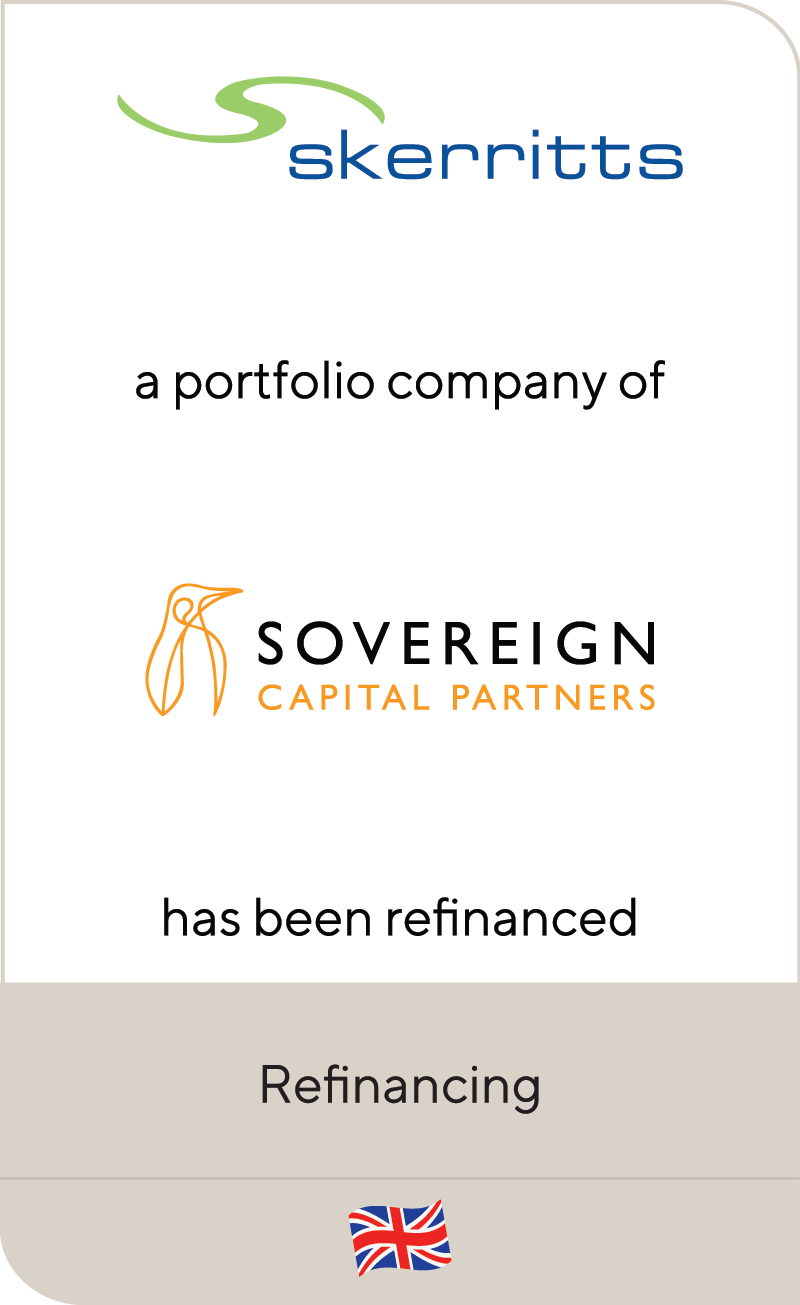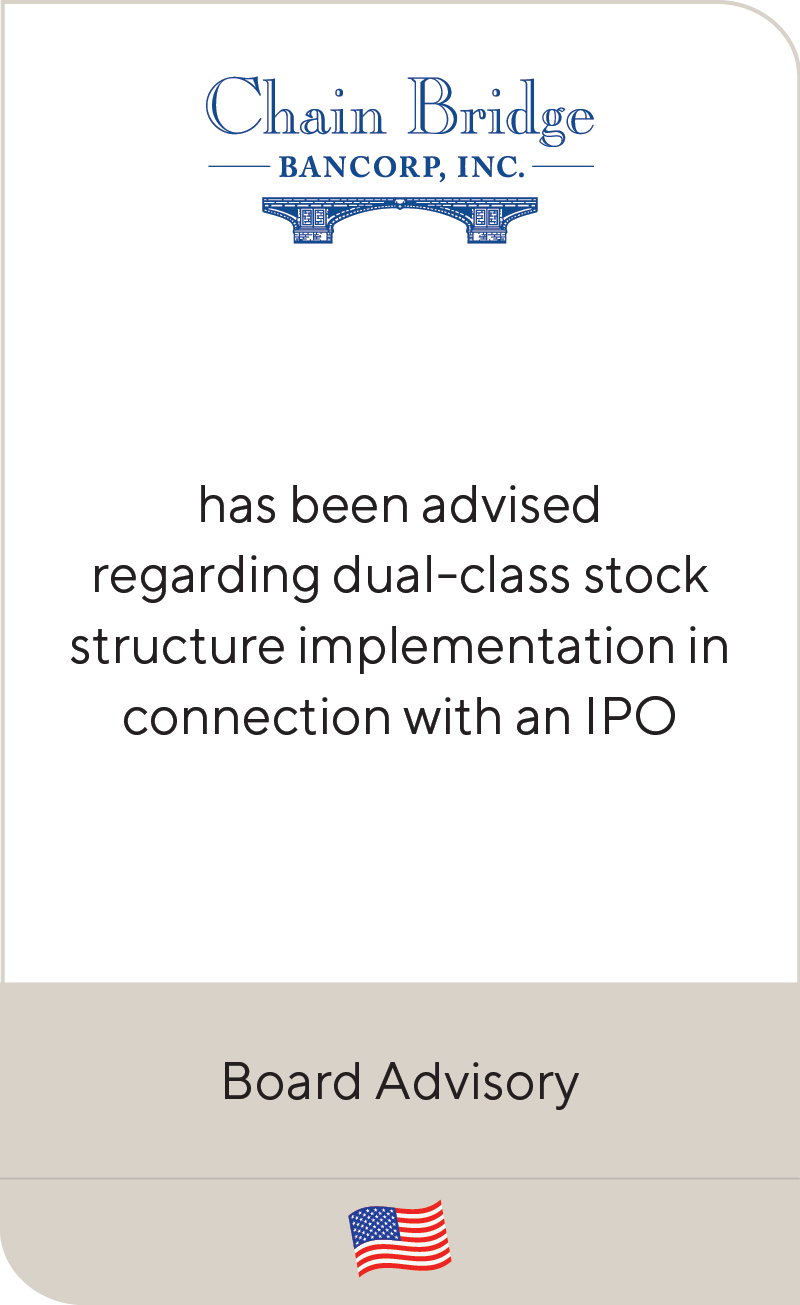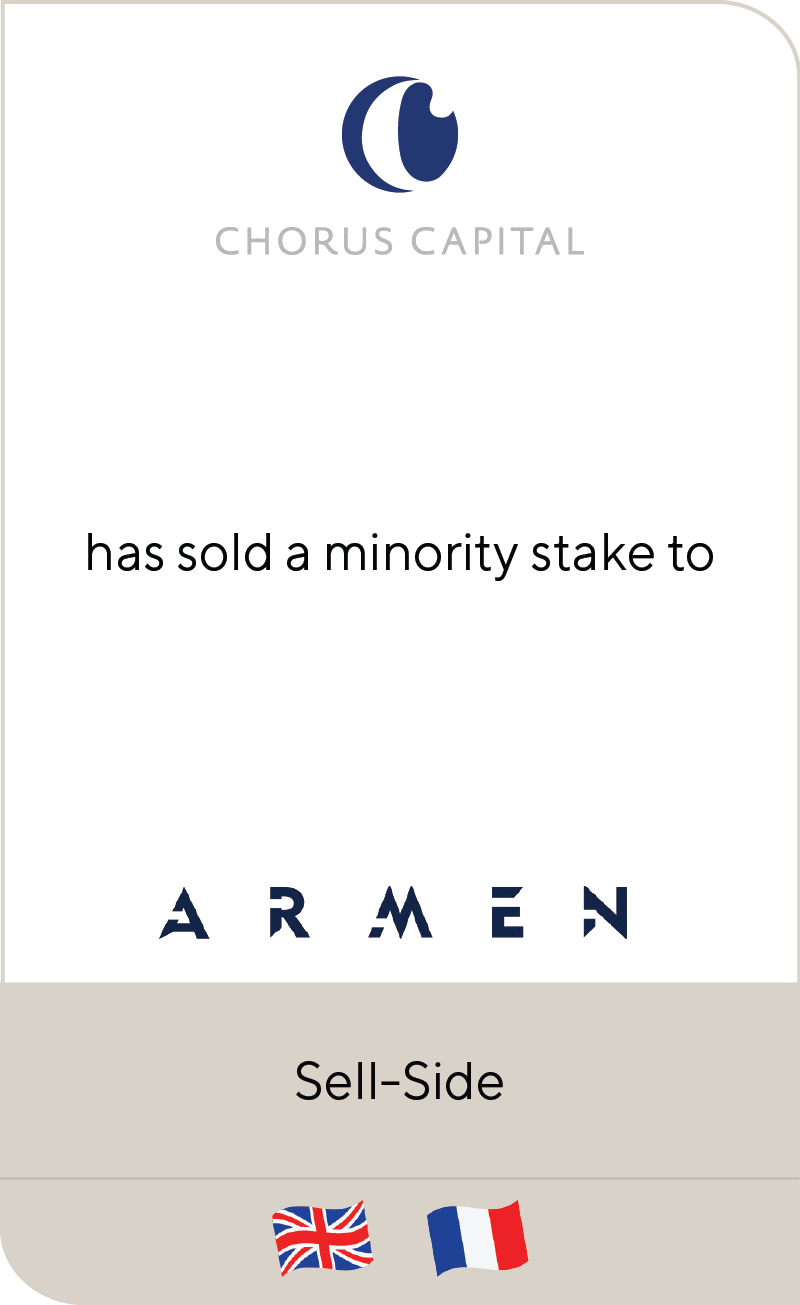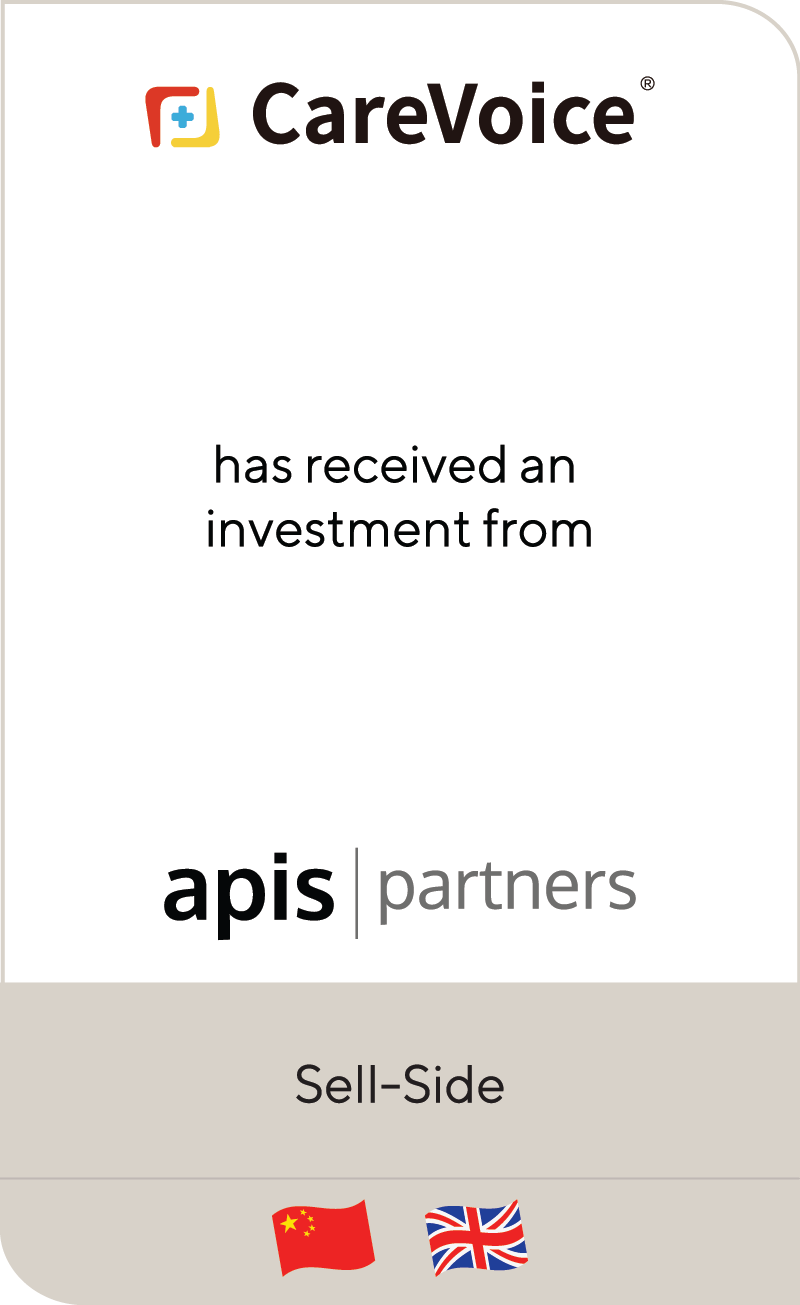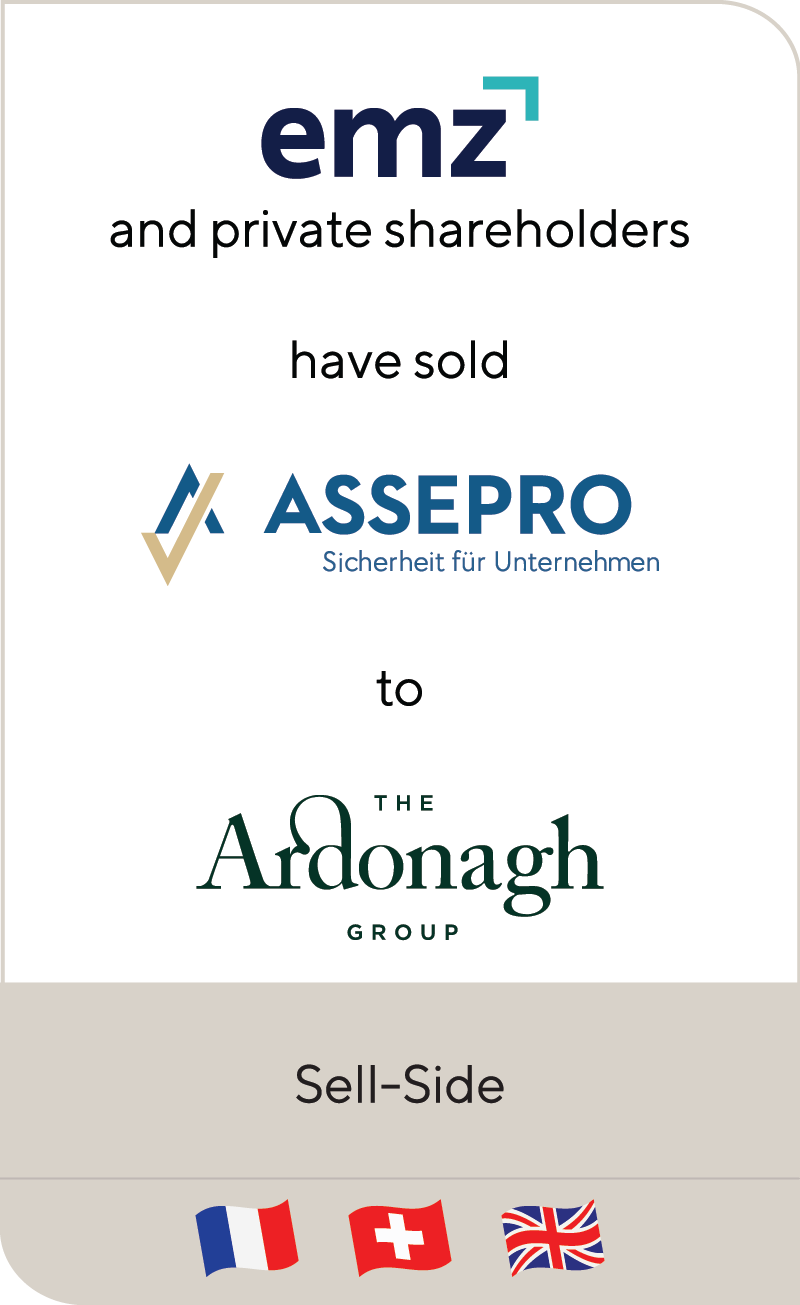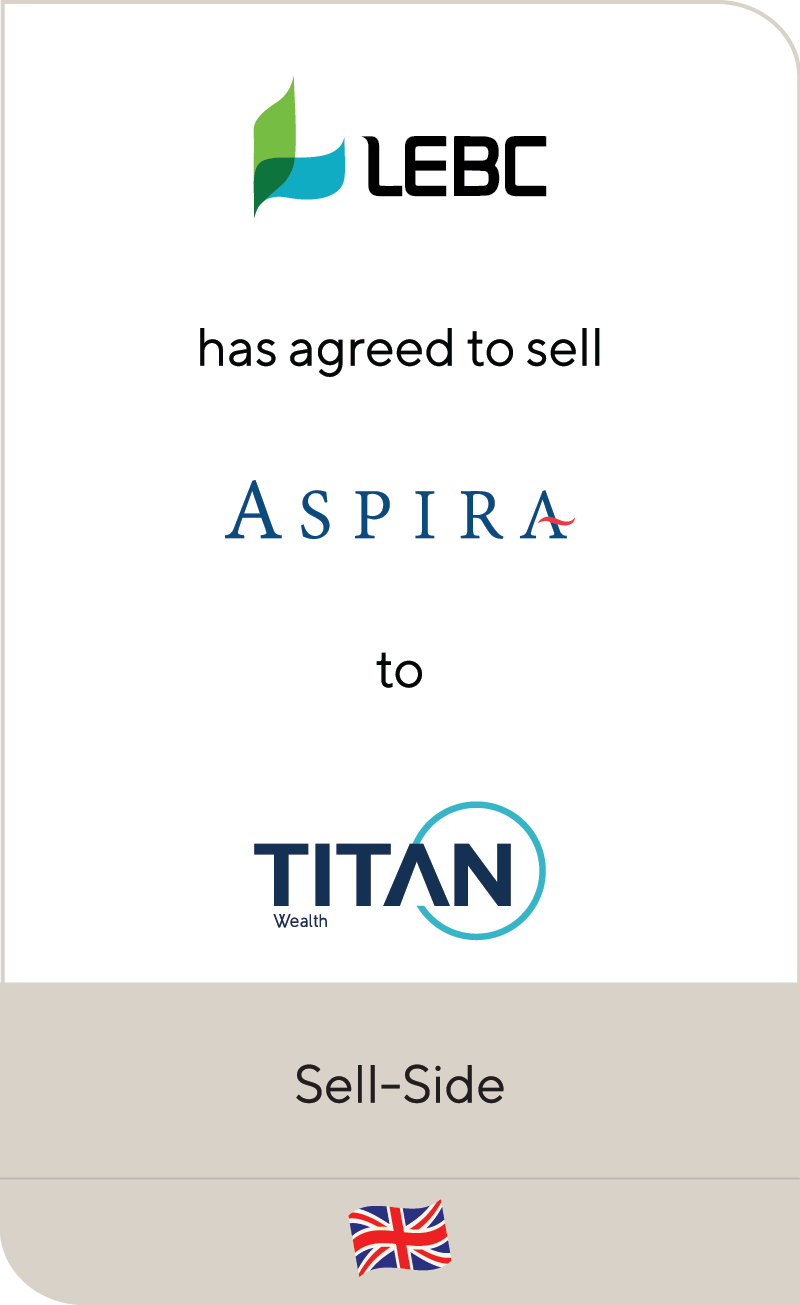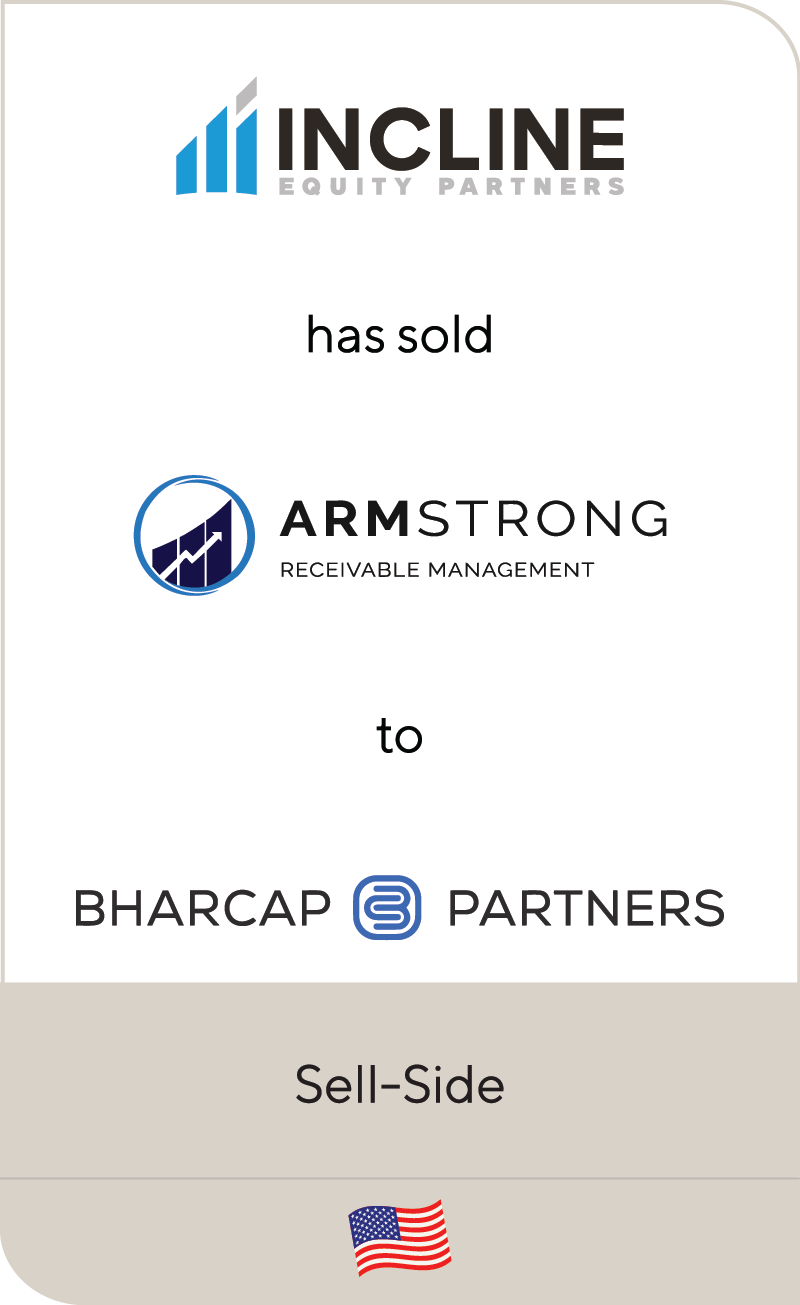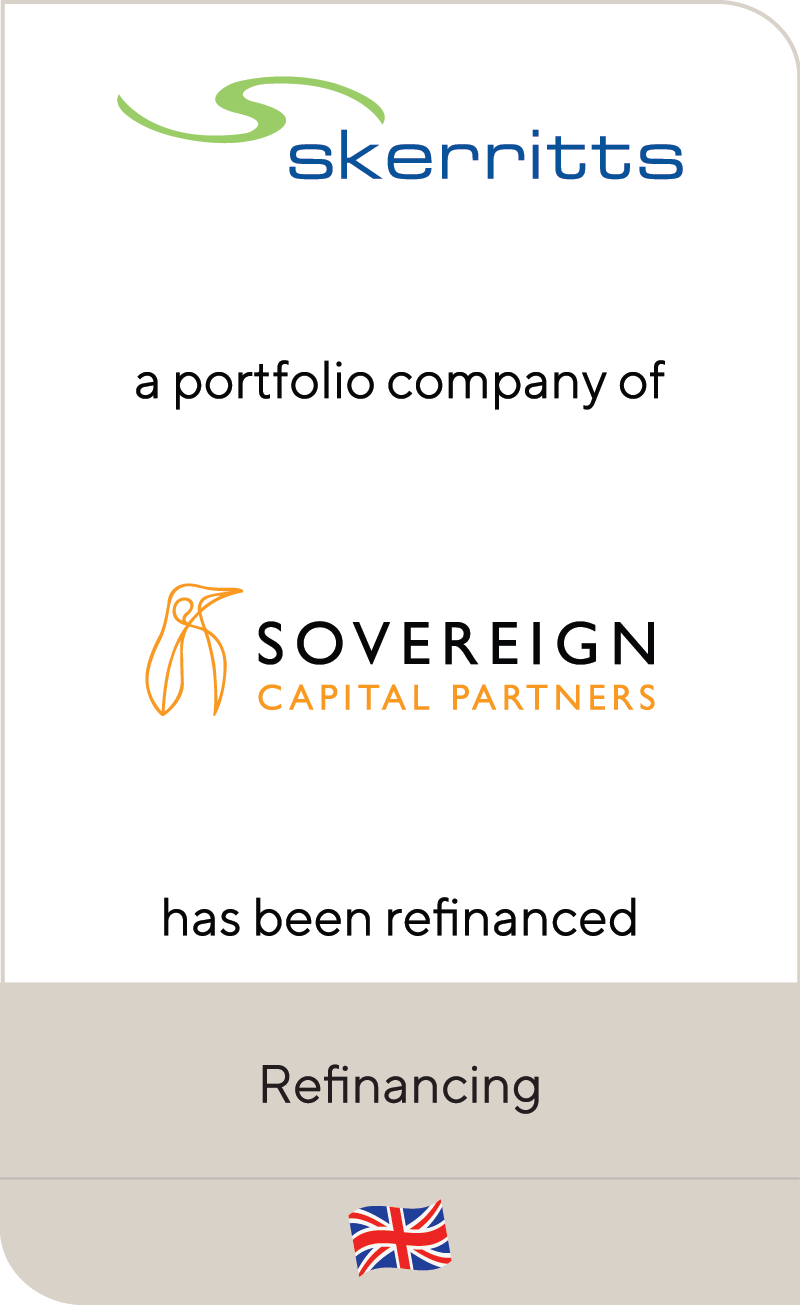GP Minority Stakes Investments Set to Take Off in Europe’s Mid-market
Jun 2024
| There is a huge opportunity for mid-market general partners (GPs) in Europe to take advantage of the growing interest in them by the rapidly emerging specialist GP minority stakes fund sector.
Initially published in AltAssets, this article sets out how GP minority stakes investments in the European mid-market are set to take off, why minority stakes partnerships are attractive to GPs, the investment case for limited partners (LPs) and key considerations for managers as they think about selling a minority stake in their business to an investor. |
Summary
-
Lincoln International Managing Director Antoine Dupont-Madinier outlines a GP minority stakes outlook, the LP investment case and key considerations for managers pursuing this transaction.
- Click here to download a printable version of this perspective.
- Sign up to receive Lincoln's perspectives
A market on the rise
The GP minority stakes market whereby specialist funds take minority positions in alternative investors, typically around 10% to 30%, has seen considerable activity in the last few years. According to Preqin, the value of funds raised dedicated to GP minorities jumped from $3.4 billion in 2018 to nearly $13 billion globally in 2022. While the number of investments by these specialist funds into GPs dipped from 39 to 30 in 2023, since 2017, the annual volume has mostly been more than twice the 16 deals of that year, according to Lincoln International’s proprietary database.
The bulk of investment has been in the U.S. and into the largest alternative managers, led by GP minority stakes firms such as Blue Owl Capital and Petershill Partners.
However, in the last few years, there has been growing interest by U.S. GP stakes firms in mid-market alternative managers and the establishment of specialist European funds focused on investments in the space. February this year saw U.S. investor BlueOwl launch its Advantage Fund, targeting minorities in mid-market managers, and this followed Cantilever Group, another U.S. investor, launching a mid-market investment platform earlier in the year, and Hunter Point Capital, also from the States, acquiring a stake in London-based European mid-market sponsor Inflexion in April 2023. Established mid-market North American GP stakes investors like Kudu Investment Management, Bonaccord, Investcorp and Azimut have made several investments in European GPs. In addition, specialist European GP stakes investors have emerged: Amsterdam-based GP House was established in 2021 and French firms AXA IM Prime and Armen launched funds in 2023.
In step with the build-up of funds focused on the European mid-market is the increasing interest by European GPs in selling minority stakes. More than half (57%) of private equity (PE) managers in the region are planning to sell a minority position in the next 18 months, according to law firm Dechert.
Why minority stakes are attractive for GPs
There are multiple reasons why mid-market European GPs are becoming increasingly attracted to selling a minority stake.
The main benefit is that because minority stake investors are passive and very long-term, the additional committed capital and enhanced balance sheet position they provide comes without the GP losing any control of their business strategy, management, investment process or daily operations.
GPs may use the capital injection to fund a range of growth strategies, such as expansions in adjacent investment opportunities, international development or acquisitions.
The funds may be utilized to help with the succession planning of founding partners as they approach retirement age by enabling the transfer of equity to the next generation of leadership. In some instances, proceeds can be used to fund GP commitments for future funds.
GPs can also generate substantial additional value by tapping into the experience, know-how and connectivity of their minority stakes investors. Benefits can be unlocked via multiple routes, but often opportunities relate to assistance with strategic guidance, capital formation, human resources and operational improvement.
LP connections can be very useful in capital formation, for example through broadening marketing and fundraising channels and geographies, helping GPs enhance their own fundraising capabilities, saving money on placement agent fees and assisting with distribution approaches.
In human resources, LPs can often advise on enhancing a manager’s employee development programs, which might include providing leadership coaching or generating executive-level speaking engagement opportunities at influential industry events. They might also be able to help with the recruitment and incentivization of talent for portfolio companies and within the GP itself.
Operational added value could be through minority investors sharing their knowledge of best practices in managing portfolio companies, providing access to their group purchasing programs and procurement networks to realize cost savings and generating further savings through other tried and tested means. They might also guide GPs on developing industry-leading approaches to environmental, social and governance (ESG) strategy setting, monitoring and reporting.
Minority GP stakes are an attractive investment opportunity for LPs
From the LP’s perspective, investing in a GP minority stake strategy can be a compelling investment proposition.
GP minority positions enable LPs to access an asset manager’s total cash flows, instead of the returns of an individual fund. They can benefit from quarterly distributions from management fee profits, upside from carry / performance fees distribution and operational leverage and growth of the business.
In addition, through investing in multiple GPs, investors are potentially able to build an uncorrelated portfolio with diversified income streams generated from diverse asset classes, investment strategies and geographies.
Getting a deal done: key considerations for GPs
GP minority stakes transactions are always tailored and highly structured, and there are many different permutations that can be considered, including approaches to management fees and carry fees.
Identifying the right potential investors, navigating their interests, running a smooth process and swift but smart negotiation are vital to a successful transaction.
Also integral to the process is highlighting the business’ attractive financial profile and potential for growth, the quality and loyalty of its investor base, the capabilities of the investment team and the performance track record.
The best long-term GP stakes investment partnerships are achieved when the potential GP minority investor and GP have known each other and their businesses prior to the launch of a process. This can be achieved through both sides meeting regularly over a period of time before a deal is agreed.
Whilst this inevitably requires considerable time input from the GP’s leadership, that time must be managed carefully to ensure that the business can continue to operate as usual while the process is in play.
The variability of options and complexity of GP minority stakes deals mean they are very challenging and require considerable negotiation. Many asset managers, particularly those that are new to the concept of selling a minority stake, find that they require close guidance from an advisor highly experienced in such deals to ensure a successful transaction and a long-term, mutually beneficial partnership with their GP minority stake investor.
| Antoine Dupont-Madinier is co-head of Lincoln International’s Financial Institutions Group in London. He has advised on many GP stakes deals throughout his more than 20 years investment banking career covering the asset management, wealth management, asset servicing and financial technology sectors. |





